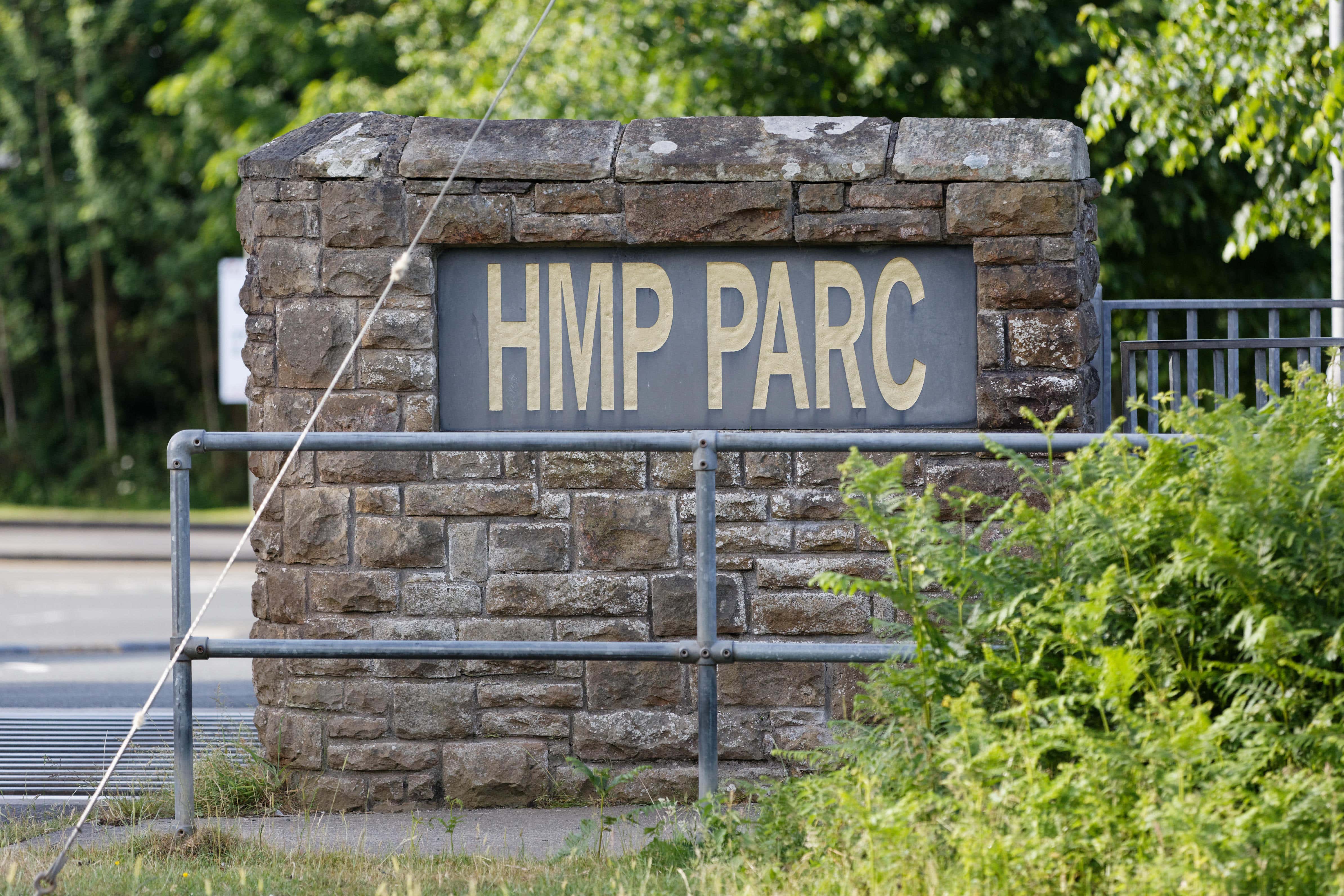
Contraband, such as drugs and phones, is being brought in to prisons in children’s nappies and through the use of ‘drone drops’ by criminal gangs, MPs have been told.
This came as prisons minister Lord Timpson called for the use of drugs in UK jails to be treated as a public health issue, following the deaths of 17 inmates at Parc prison in South Wales.
Four members of staff at the prison in Bridgend were arrested on suspicion of assault and misconduct in September following reports of the deaths.
MPs on the Welsh Affairs Committee were told that eight of the deaths at HMP Parc were the result of natural causes, three were “self-inflicted” and five were linked to drugs.
Lord Timpson said the UK has a “long, long way to go” on the issue of drugs in prisons.
At the committee meeting on Wednesday, director of HMP Parc Will Styles said there had been “an awful lot of work this year to improve safety and security” for inmates at the jail.
He added: “Since June we haven’t had an apparent non-natural causes death, so in terms of outcomes there’s been improvement.”
Mr Styles also told MPs that contraband is brought in by visitors in “bodily orifices or in children’s nappies”.
He added that “staff corruption is an issue in many prisons”, and one of the key issues experienced at Parc is “industrial specification drone drops being organised by organised crime gangs”.
Gordon Brockington, managing director at G4S Care and Rehabilitation Services which runs Parc prison, said: “I think it’s important to note that in 2024 indeed we did have 17 (deaths), and that was made up of eight natural causes deaths – predominantly of elderly gentlemen, which (MPs) saw on the wings, because we have palliative care at Parc – three self-inflicted deaths, and five we believe to be drugs-related.”

Lord Timpson said: “We have got a long way to go on drugs, a long, long way. I think we need to see it as a public health problem and I think we need to ensure that when people come in with significant drug problems, there are opportunities for them to turn their lives around.
“Substance-free wings I think are a really good way of supporting people. But it’s also about getting them into purposeful activity, educating them, getting them in the library, and helping them build meaningful relationships with officers and the experts who are there to help them.
“So I think it’s a really big issue, but I also think it’s a big opportunity for us because if we can help people leave prison when they’re not addicted to drugs or alcohol or all the other issues that they have, it’s going to make a massive difference in the amount of reoffending that happens, and the amount of victims we have.”







